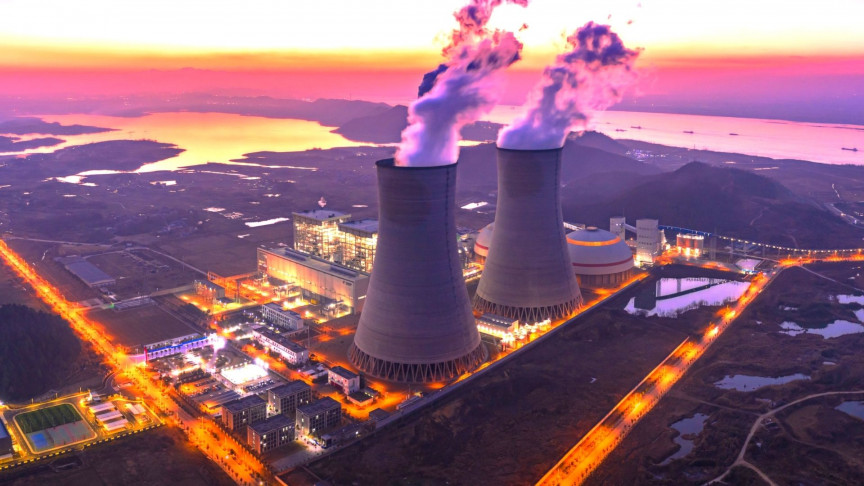This morning’s Wall Street Journal 10-Point included this tidbit:
Royal Dutch Shell plans to consolidate its dual-share structure and move its headquarters to London to help it navigate the transition to low-carbon energy.
It should be obvious to anyone who applies more than 5 brain cells to the subject that Big Oil is not simply going to twiddle thumbs while governments coerce their power grids toward wind and solar, that its C-suite executives and strategists are going to make changes to keep the companies profitable. Adapt or perish, and all that.
And, indeed, Big Oil has invested billions in renewables (aka wind and solar), including ancillary technologies such as rapid-charging batteries and EV charging infrastructure, and related areas such as carbon capture technology.
Companies react to their markets. This, of course, includes government policy changes, actual and expected. Clearly, there’s a momentum behind conversion to wind and solar power, the economic and societal impacts notwithstanding, and clearly, this represents not only peril for legacy carbon energy companies, but opportunity for them as well.
Now, it is an unfortunate and terribly under-reported reality that big companies have outsize influence on policy, especially at the nuts-and-bolts level. Companies and their K-Street lobbyists actually write much of what gets enacted into law or codified into regulation, rather than merely throw money at the elected to get them to vote certain ways. Regulatory capture is very much a thing.
The Royal Dutch Shell snippet triggered recollection of all this in my brain this morning, and posited a kernel of conspiracy theory:
Regular readers know I’ve been thumping nuclear power as the most obvious, cleanest, greenest, and most reliable alternative to carbon fuel, given the presumption that the world needs to emit less carbon into the atmosphere. Yet not only is nuclear almost never (until recently) even mentioned by Greens, the West is actually shutting down nuclear plants.
Many have theorized as to why this is, and the usual answers are a combination of public fear born of ignorance and a notion that it’s “too easy” an answer, i.e. it doesn’t serve the parallel narrative of coaxing or forcing the masses to cut back on their energy consumption and energy-lavish lifestyles (that energy = life to the world’s poor is an inconvenience that is widely ignored).
What if, in addition, Big Oil doesn’t see as easy a path to capturing part of a nuclear-power-inclusive green energy market, or that there isn’t much profit for them therein, and therefore are exerting their own anti-nuclear influence on the narrative and on policy makers?
What if Big Oil thinks a nuclear-heavy energy economy offers them less share and a dimmer future than one based on solar panels and windmills?
What if Big Oil has figured out that the backup base capacity for windmills and solar panels, which is most easily provided by natural gas turbine generators, would go away should power grids go all-nuclear, and therefore all their investment in NG production would take a dive?
Yes, it’s a presumption of Machiavellian manipulation, and I’m generally loath to believe in such, but such things do routinely happen. Yes, a quick Internet search shows that some Big Oil companies have investments in nuclear fusion (which has been 10-20 years from reality for at least 40 years).
Nevertheless, it’s something to ponder.
And lo and behold, a writer at Forbes discussed the very same thing five years ago.


Active Comment Threads
Most Commented Posts
Universal Background Checks – A Back Door to Universal Registration
COVID Mask Follies
When Everything Is Illegal…
An Anti-Vax Inflection Point?
“Not In My Name”
The Great Social Media Crackup
War Comes Through The Overton Window
The First Rule of Italian Driving
Most Active Commenters